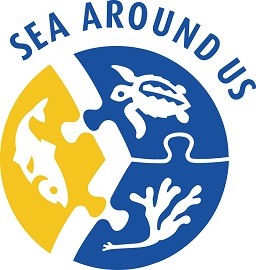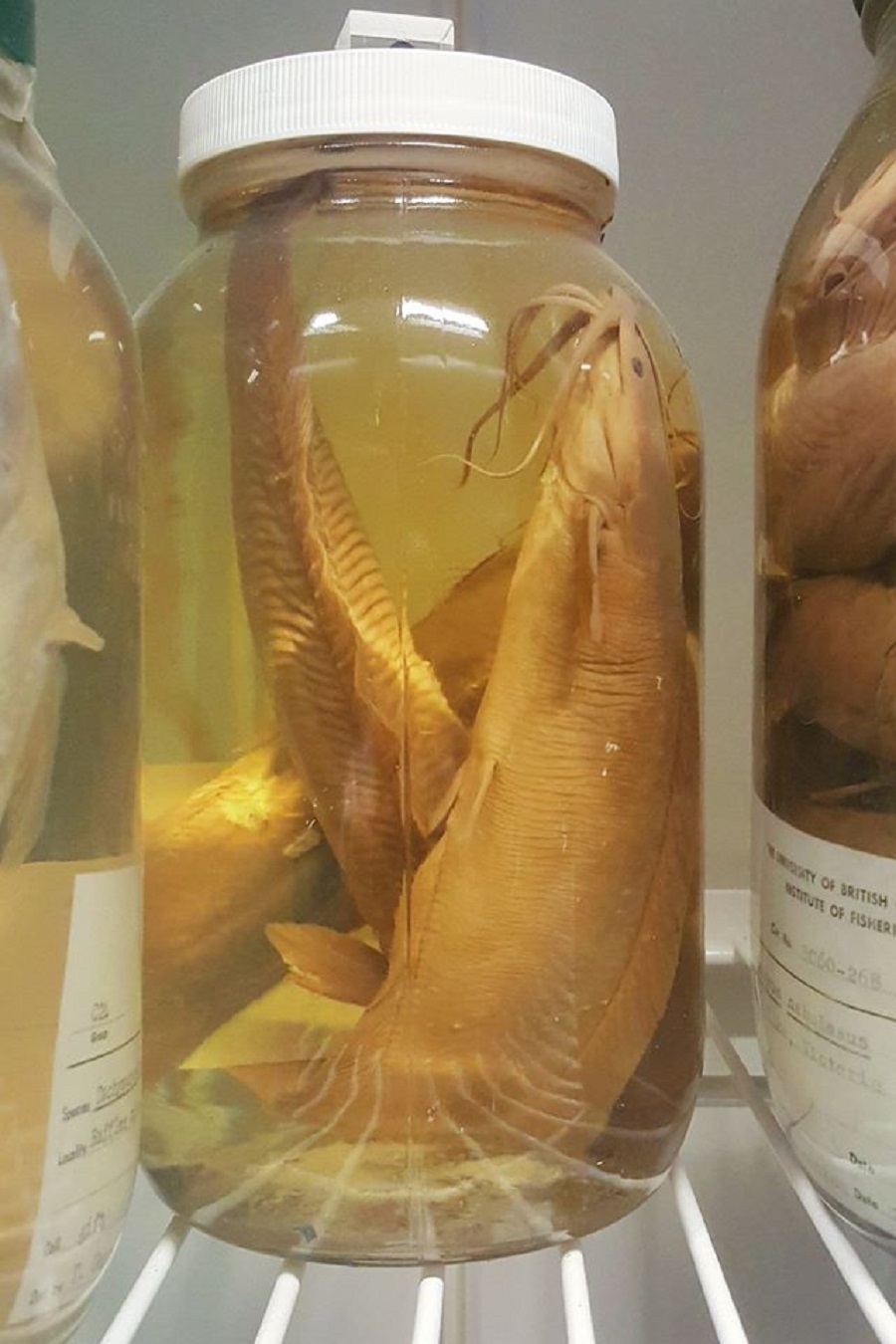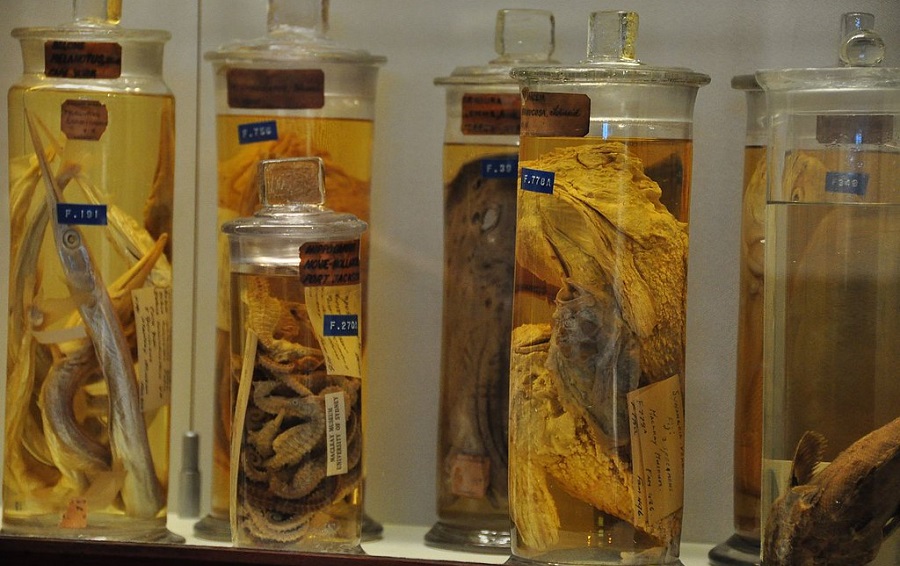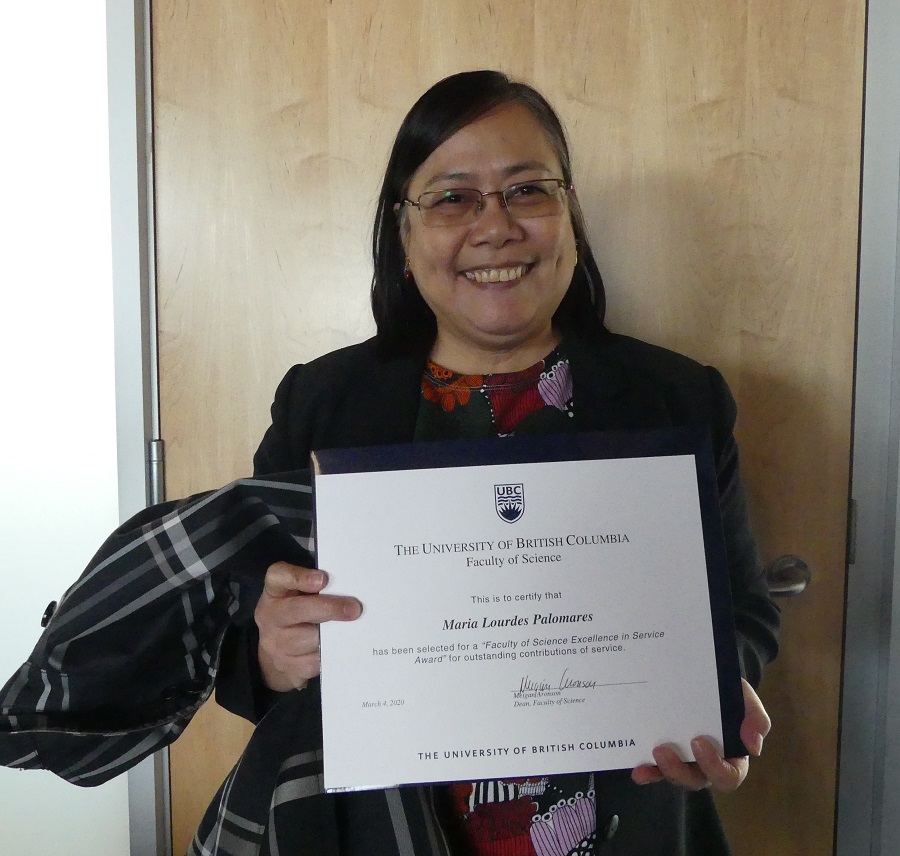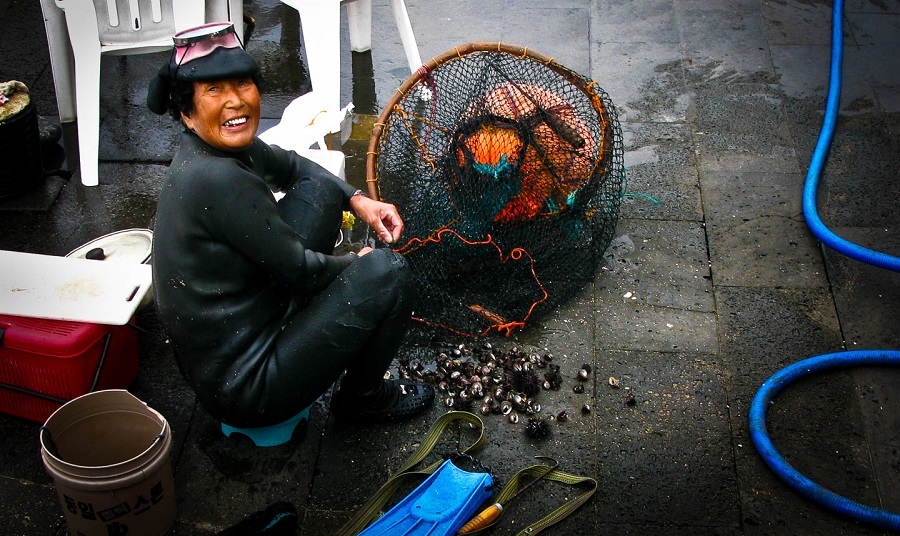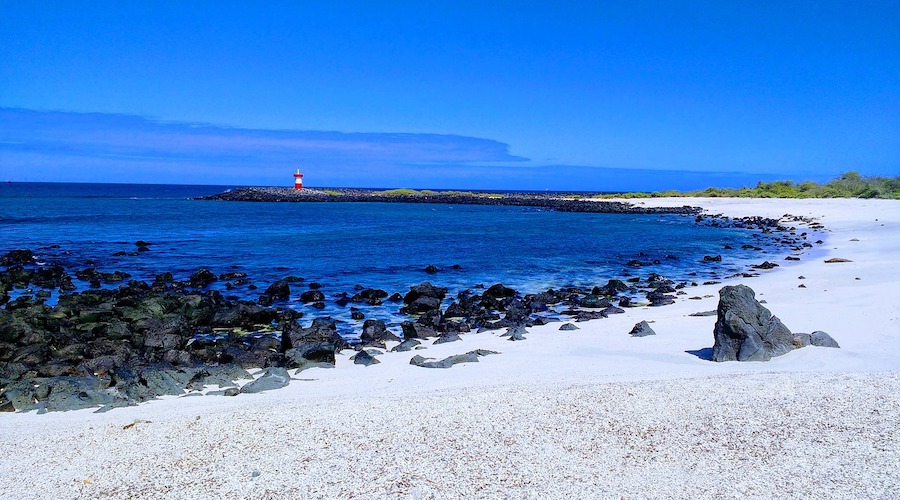
Galápagos. Image by averno_ph, Needpix.
An international team of researchers led by experts at the Charles Darwin Foundation and with the collaboration of the Sea Around Us principal investigator, Daniel Pauly, and William Cheung, from the Changing Ocean Research Unit at UBC’s Institute for the Oceans and Fisheries, just published a commentary in Nature Climate Change proposing the idea of Galápagos as a living laboratory for the Anthropocene.



